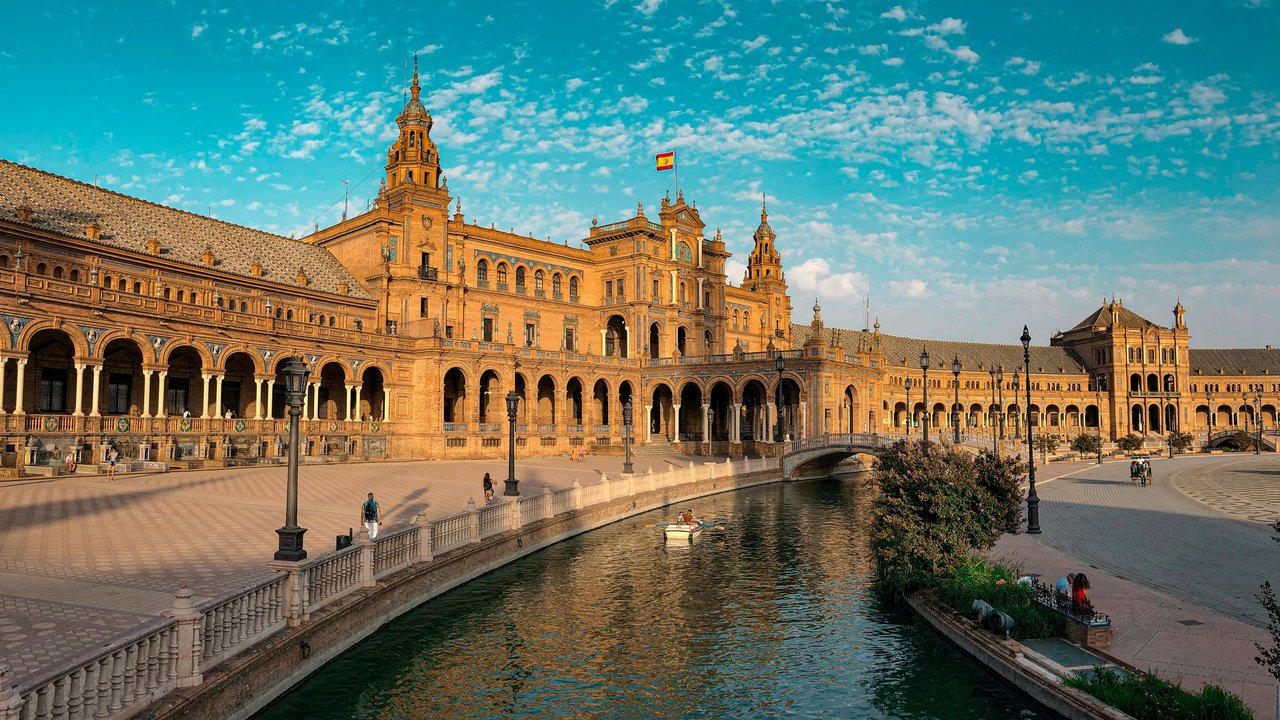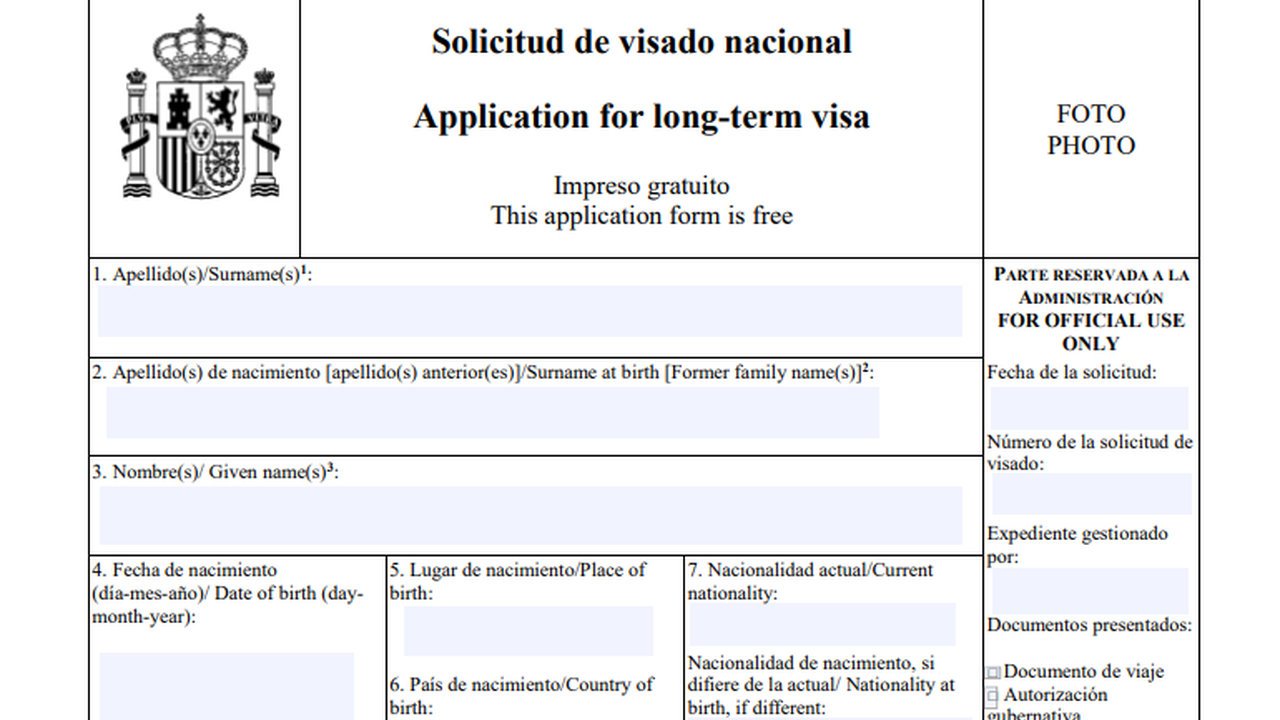
Spain Digital Nomad visa explained
Spain Digital Nomad visa explained
Thinking about working remotely from sunny Spain? The Spain Digital Nomad Visa might be your ticket in. If you’re not from the EU or EEA, this visa could be just what you need to live and work legally in Spain. This EU digital nomad visas guide will explain everything you need to know.
But first, do you need a visa to live and work remotely from Spain?
Yes, if you’re a non-EU/EEA national planning to live in Spain while working remotely, you’ll need the Spain Digital Nomad Visa. Citizens of EU/EEA countries don’t need this visa but must register locally if staying long-term.
Explore your options
For those planning to visit or travel across Europe, two primary entry permissions are available: the Schengen Visa and the upcoming ETIAS travel authorization.
What is the Spain Digital Nomad visa?
The Spain Digital Nomad Visa is a residence permit designed for foreign nationals who work remotely using digital technology. It allows you to live in Spain while working as:
An employee for a company based outside Spain. You may work with Spanish clients, but this must not exceed 20% of your total professional activity.
A freelancer or self-employed professional with foreign clients
The visa is valid for up to 1 year and is renewable, offering a pathway to long-term residency.
You should apply before moving to Spain. Apply at least 6–8 weeks in advance, as processing may take time, especially if additional documents are requested.
We can help
Global Law is an award-winning UK immigration consultancy with offices in London and Dubai, boasting over 17 years of expertise in immigration law.
What is a digital nomad?
A digital nomad is someone who works remotely, often using a computer and the internet, and has the freedom to travel or live in different locations, rather than being tied to a fixed office or location. Digital nomads typically work in fields such as programming, writing, graphic design, marketing, consulting, or other online-based professions.
The key idea is that they can earn a living while exploring new places, often living in countries with a lower cost of living or a desirable lifestyle, all while maintaining their remote work.
Living as a digital nomad in Spain
Work-life balance: Enjoy Spain's relaxed pace of life with plenty of opportunities for leisure, such as beach days, tapas, and exploring charming neighborhoods.
Coworking spaces: Access a growing network of coworking spaces in cities and towns, offering fast internet and a productive environment.
Affordable living: Live comfortably with affordable rent, low transportation costs, and reasonable food prices, especially outside major cities.
Visa & residency: The Spain Digital Nomad Visa makes it easier to live and work legally while enjoying the benefits of Spanish healthcare and residency.
Culture & community: Immerse yourself in Spain's rich culture and friendly local communities, with plenty of networking opportunities for remote workers.
The yes’s and no’s you need to know about the Spain Digital Nomad visa
Yes | No | |
Who needs the Spain Digital Nomad visa? | - Remote employees working for a non-Spanish company | – |
Who doesn’t need it | – | - EU/EEA citizens registering as residents |
What you can do with the visa | - Live in Spain legally for up to 1 year | – |
What you cannot do | – | - Work for a Spanish employer as your main income |

Required documents to prepare before applying for Spain’s Digital Nomad visa
To apply for the Digital Nomad Visa, you must submit:
General requirements
Visa application form, completed and signed

Passport-size photo
Valid passport (1+ year validity, issued within last 10 years)
NIE number
Criminal record certificate (covering the last 2 years of residence)
Health insurance (public or private)
Proof of residence in your consular district
Visa application fee payment
Proof of sufficient income:
At least 200% of Spain’s minimum wage (€2,268/month in 2024)
+75% for the first family member (€850.50/month)
+25% for each additional member (€283.50/month)
Specific for remote workers
Employment certificate or freelance contract, showing:
Remote work approval
Duration of employment
Salary or income terms
Company registration certificate (for your employer or your own business)
Proof of social security compliance:
A1 form (from your home country), OR
Registration with the Spanish social security system
University degree OR proof of 3+ years of professional experience
For family members
Marriage certificate or proof of partnership
Birth certificates for children
Documents showing financial dependency (for adult children or parents)
All foreign documents must be legalized or apostilled and officially translated into Spanish, if applicable.

What is NIE in Spain & how to get it
The NIE (Foreigner Identity Number) in Spain is a unique identification number assigned to foreign nationals who need to engage in economic, professional, or social activities in Spain. It's required for tasks like opening a bank account, signing contracts, or paying taxes, but it does not grant residency.
How to get a Spain NIE document number
Documents needed:
EX-15 application form (filled out but not signed).
Valid passport (or ID for EU citizens).
Proof of need (e.g., work contract, business activity).
Form 790, Code 12 (completed).
Payment of the application fee (£8.15 or equivalent).
Appointment: Schedule your appointment.
Processing: Typically takes 3 weeks, sent by email.
The NIE is required for identification purposes in Spain but does not confer residency.
Don’t let the paperwork confuse you
How to apply for the Spain Digital Nomad visa
Global Law offers comprehensive support for individuals worldwide applying for the Spain Digital Nomad Visa.
Precise application assistance to avoid mistakes or delays in the process.
Expert legal guidance for applicants with past visa refusals or criminal records.
Fast-track solutions for urgent travel or visa application needs.
Personalized support for freelancers, remote workers, professionals, and families to ensure a smooth entry into Spain.
You are one click away...
To start your Spain journey!- Posted on: 08.04.2025
- By: Eray Eliacik
- schengen
- spain
- digital nomad
About the author

Eray Eliacik
Eray is a seasoned writer and passionate traveler who has explored over 20 countries. With firsthand experience navigating visas and international travel, and a proven track record with reputable platforms like Dataconomy and Softonic, Eray now makes it easier for travelers to achieve their travel goals.




